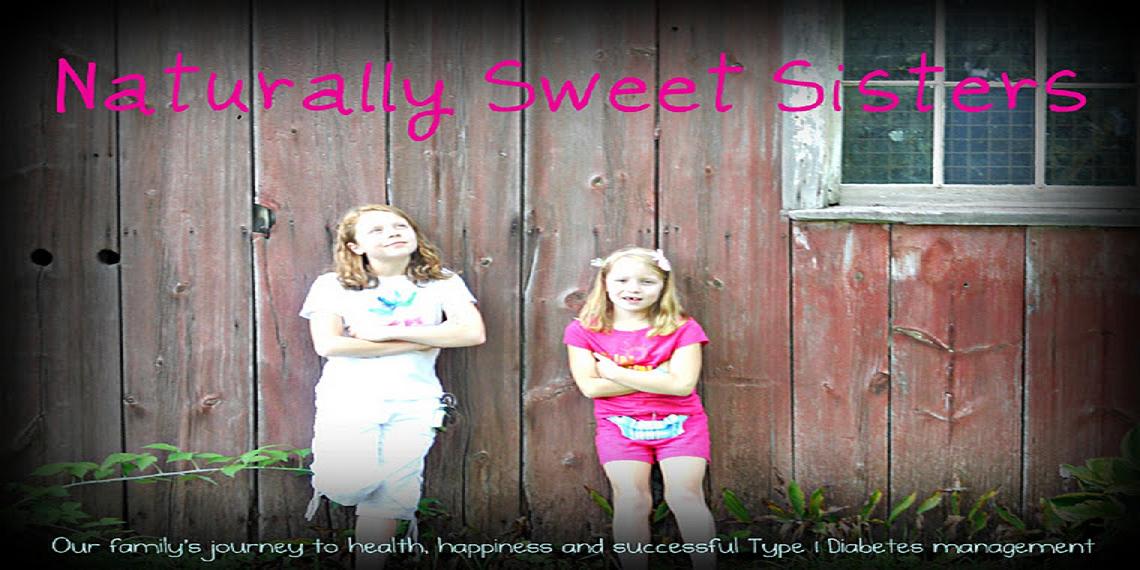Thinking long ago to when my oldest daughter was born, I remember having so many well-intentioned people sharing advice, thoughts and opinions about the best ways to raise a child. I was grateful as having the multitudes of advice sharers on hand, as somehow it made for a kind of newborn insurance policy. I knew that even if I didn't know what to do, I could call any number of friends that had 'been there, done that' and get the answer that I needed.
Those early feelings of insecurity that manifested in collecting my advice sharing friends intensified after delivery. As a first time mom, I had a difficult labor that required a lengthy recovery after our precious little girl was born. Without going into major details, there was a bit of trauma in the way that my daughter entered into the world and that trauma fed into my own worries and anxiety of carrying for a baby.
Not knowing how I would be feeling, I had asked for a close family member to stay at our home for the first two weeks. My husband and I had taken multiple birthing classes, read a million childcare books on modern parenting and prepared to try to recreate everything we had learned for our nursery. Not surprisingly, there was an immediate clash between the family member, praised for her sage advice before our little girl's arrival and our freshly graduated parenting class ideals. If you could see and hear friction, it would be a closed wooden bedroom door with the sounds of many, many tears on both sides of the partition.
The biggest and boldest issue causing the most tears was the way that we had decided to feed our little girl. Leading up to the arrival of our child, we had planned and prepared for exclusive breast-feeding. Meaning, there weren't even bottles on stand-by within our home. We were well decided on the breast-feeding route and so there was no need for pumps, bottles or even pacifiers. Trouble arose immediately with this plan as our little girl displayed difficulty with latching during our long hospital stay. The nurse asked if we would like to clip her frenum (simple surgery for tongue-tie) or supplement with bottle feeding. Horrified that our sweet baby might endure any pain after such an exhausting delivery, I declined and agreed to the first bottle of formula. The nurse assured me that it was common for newborns and would not present future feeding struggles. The advice that I was given was a reminder to keep trying and eventually our baby would easily latch. After a few more bottles and another two nights, we were discharged and sent home with a well stocked cooler of prepared formula.
At home, despite our efforts including middle of the night calls to La Leche League, continued offering of breast only and then, frantically calling the on-call doctor every hour on the hour proved to no avail. Flashback back to the closed bedroom door, and on that particular day, our visitor, feeling anguish over hearing baby and mama cry, had realized two sad truths. First, no one likes to see a mother and baby struggle over feedings and secondly, there is no feeding and holding a baby that is breastfed. Both of those were thoughts that never crossed our guests mind before agreeing to stay with us. Her old-fashioned skilled thinking included the time she had spent as a mother, which were during 'pro-bottle-fed only' days. So by the second day, she decided enough was enough and happily prepared bottles with an offer (and pressure) to feed the baby.
This led to more mothering tears and also, more worries and more nerves. The easy answer was to accept the bottle (and I did) but with a hefty dose of anxiety, guilt and shame for not feeding my sweet baby in the way that I had tried and wanted to achieve.
By the third day, our guest left (more tears) and I was able to try to reconcile my different feedings by offering more and more bottle feedings. Visually, our baby was gaining weight, sleeping better and even giving those adorable 'too young to smile' smiles. By the end of the second week, with my milk drying up, I recognized that bottle feeding was doing 99.9% of the overall job. I also recognized that it was doing a wonderful job. Dare I say that I had the sweetest, happiest baby on earth? Clearly this was the best for our baby.
Time marched on and just a bit over a year later, I was pregnant again. This time, we took a very fun and silly parenting class that catered to more seasoned parents as 'A night away from toddlers'. The overall tone from the instruction circled around the thought that just feeding your child was best (still makes me laugh) and that regardless of how you chose to handle breast-feeding, bottle feeding or some sort of combination, parents are doing a great job. Not surprisingly, even after my first delivery, for the second, I felt relaxed and ready.
Perhaps some of that positive energy helped. Immediately, I was able to breast feed without any issues. In fact, feeding went so smoothly, that I spent about 1.5 years doing it. When it came time to wean, we were both ready and the end felt natural and complete. While completely different than our first experience, this was also best for our baby,
I shared my story after diagnosis and now with the parenting community because all too often, we look at ourselves to blame when what we originally envisioned in feeding our babies doesn't work out according to our plan. When unimaginable news like the diagnosis of Type 1 Diabetes, an autoimmune disease with no known origin or cure, came into our lives, once again we looked for what, we as parents, might have done wrong. We blame ourselves for what we did, or didn't do, as that may have somehow caused our child's diagnosis. That's not only unfair but defeating to our future recovery. The honest truth is all parents are trying to do the best that they can for their babies, families, and world. However you choose to feed your child, will always be the best thing that you can do for your baby,
If there is proof in doing our best, all I have to do is to look for it in the eyes of my daughters; both are successful, well-rounded, accomplished and most of all, loving, sweet and kind.
Our sweet girls are our 'best' part of life.

To learn more about feeding your baby,
visit Honest.com/feeding
#ndam #kids #natsweetsisters #diabetes #kidsfirstdiabetessecond


